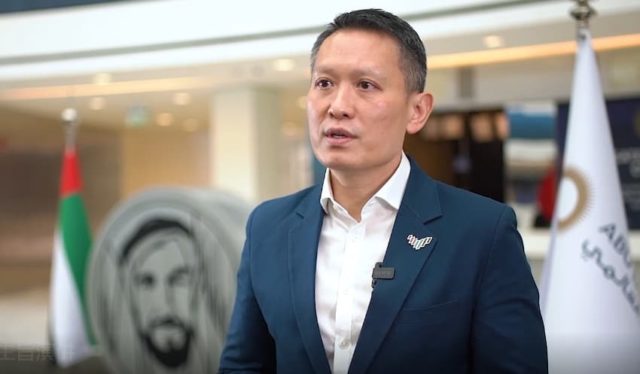The Federal Court of Accounts (TCU) authorized the federal government to open an extraordinary credit in the amount of R$ 13.6 billion. The Civil House, which consulted the TCU, stated that the credit would be for the payment of social security expenses, without violating the spending ceiling law.
By four votes to three, the majority of ministers understood that the possibility of non-payment of social security benefits may run into the requirements set forth in the Federal Constitution, so that there is this type of expense.
According to the Constitution, this is a type of additional credit to meet unpredictable and urgent expenses, such as those resulting from war, internal commotion or public calamity, opened by means of a provisional measure.
In the vote, the reporting minister of the consultation, Antônio Anastasia, stated that “the possibility of opening extraordinary credit by means of a provisional measure, pursuant to arts. 62, paragraph 1, item I, item “d”, and 167, paragraph 3, of the Federal Constitution, covers mandatory primary expenses of the Union, including those of a social security nature, observing the requirements of relevance, urgency and unpredictability of the expense.”.
During the discussion on the subject, the president of TCU, Bruno Dantas, explained that the option of extraordinary credit was consulted, as the government can no longer have primary expenses, due to the spending ceiling. However, according to the ceiling law itself, extraordinary credit is the only expense that is not subject to the spending ceiling.
In the technical opinion, the Secretariat for Governmental Macro-Evaluation (Semag) of the TCU, highlighted that the expenses with rapporteur amendments have led to losses and worsened the situation of the federal budget.
“In 2021, in order to maintain the system of amendments by the general rapporteur, deletions and under-dimensions of budgetary programming were verified to honor mandatory expenses of a continuous nature and expenses that, although formally classified as discretionary, are essential for the functioning of the public machine , notably those relating to the preservation of public property, which must be prioritized pursuant to art. 45 of the LRF.”, says the secretariat.
Source: CNN Brasil
A journalist with over 7 years of experience in the news industry, currently working at World Stock Market as an author for the Entertainment section and also contributing to the Economics or finance section on a part-time basis. Has a passion for Entertainment and fashion topics, and has put in a lot of research and effort to provide accurate information to readers.







